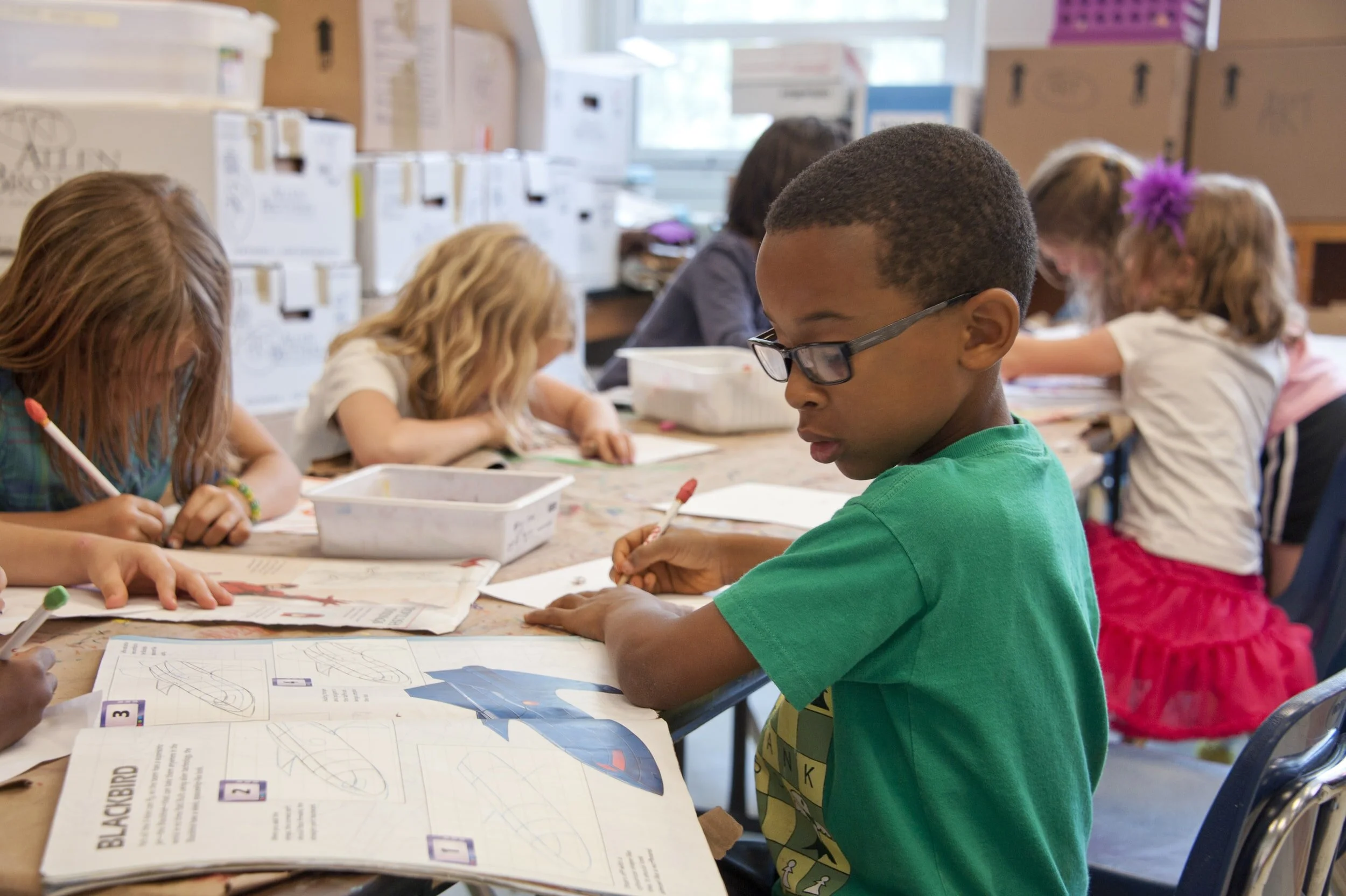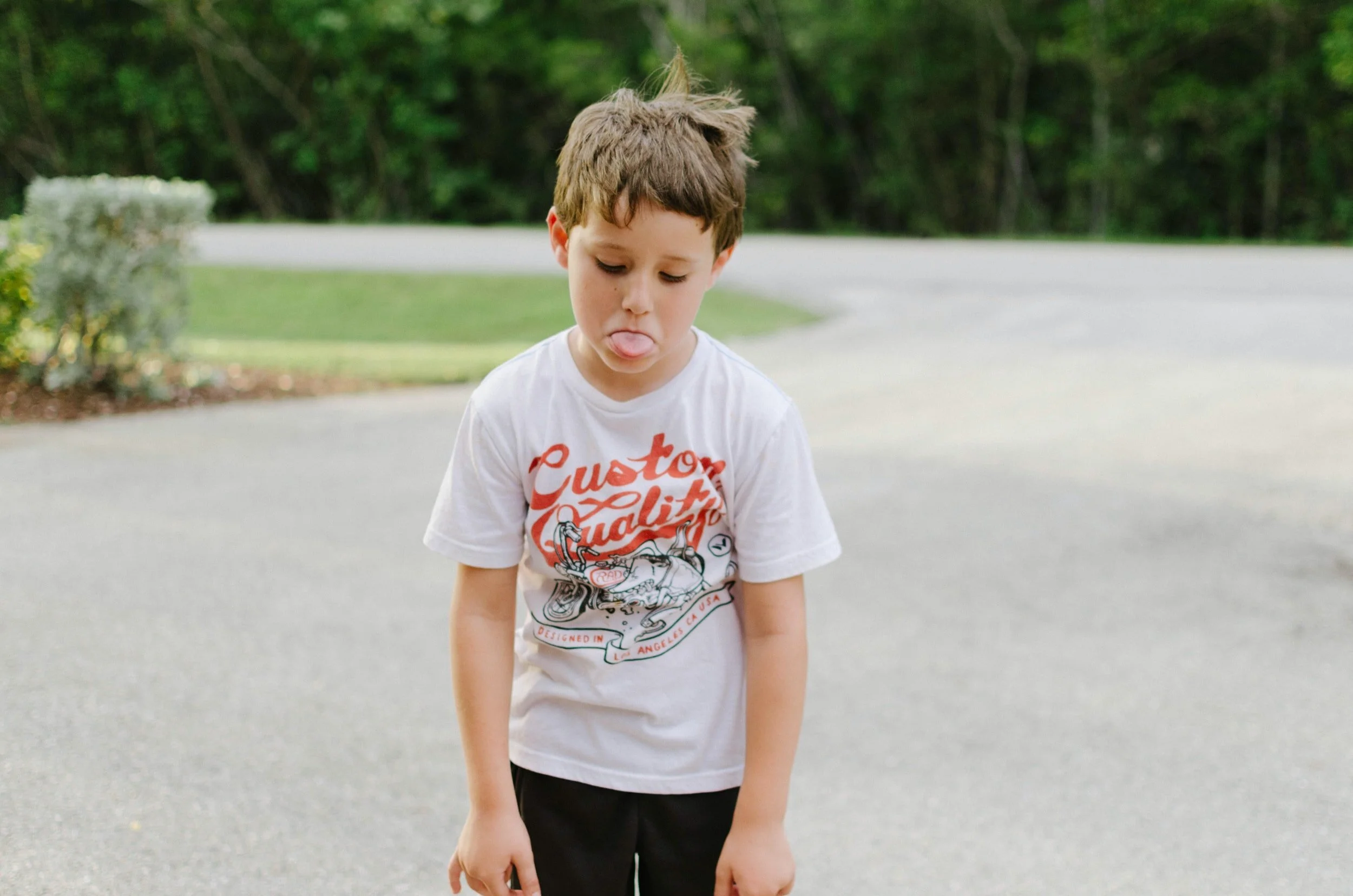9 steps to help prepare the kids as they return to school
The time has come as we see all schools open after the summer break in the coming weeks.
For previous terms, following the first morning drop off, parents from the Parent Support Community reported a positive transition “delighted to be back with pals and the school put a big effort to welcoming them back” another parent said that it went “brilliant, ran in without looking back, came out smiling and said it was a great day” while another parent said about dropping them off “I felt like a bird without wings walking away after ‘letting go’”.
Children’s Feelings & Behaviours
It’s safe to say that for the majority of families the children’s return to school will be welcomed with open arms. It will reinforce routines, predictability, consistency, and the children interacting with their peers in the school setting.
Here are my top tips of how you can prepare the children on their return to school, from managing sleep, device use, how we can support them if they are feeling anxious, to understanding and supporting that reluctance to separate and how to help them cope with the transition.
9 Steps to help prepare the kids as they return to school
Set a routine & get bed time back on track
Children thrive on routine, it’s predictable, consistent and they cope better when they know what’s going on. Sleep is really important, although it may take a week or so for them to get back into their natural sleep patterns, expect difficulty settling on the night before the first morning back, ages up to 6, recommended time to in bed asleep is 7-8pm, overtiredness plays a big part in difficulty settling and night time waking.
Consider the following Bedtime Tips:
Avoid trying to put the kids to bed at their normal school bedtime on the first night before school. Prepare the time in advance if you can.
Ages will vary, however decrease bedtime by 15 minutes each night, for example, if they have been going to bed at 9.30pm or later each night during the last number of months, start to reduce the time each night from 9.30pm to 9.15pm to 9pm to 8.45pm.
If we insist on reducing their bedtimes to the normal school week times that first night before they go back, when usually it’s a lot later, they will find it difficult to fall asleep.
If it’s a case that it’s too late to start this gradual transition, don’t worry, all our children will be tired during those first few evenings anyway starting back to school.
Read their signs of tiredness, we want to avoid them getting overtired as this can often lead to them hitting a wall, gaining a second wind and having difficulty settling to sleep.
We also need to remember there will be nerves and excitement, as we know it ourselves, our mind racing can add to this too.
2. Managing Screen time during the school term
Like anything it's important that we establish some form of boundaries around screen and device use and it is in moderation, we are naturally drawn to screens and the more we are on them the more we want - this goes for adults as well as the kids. If you do notice a deterioration in your child's behaviour or they are refusing to come off - this is a sign that they are struggling and need that extra support from the parent to bring in some form of plan or expectations that are agreeable to all parties.
There is no time like the present as the kids return to school!
Tips to adjust screen time use for school term
Look at what worked pre-Christmas during school term. Involve the kids in the conversation if they are old enough – that way they are more willing to work with us!
Make a call on what is realistic for you and your family, what’s practical when it comes to homework, study and time outside too.
As parents we ultimately need to decide what is going to work for mid-week v’s the weekend. Expect resistance – this is totally normal.
Once you decide on a plan for your family – always follow through.
The more consistent we are the more likely the kids will run with it and take us seriously too.
[Check out my recent blog on managing screen time and keeping the kids safe online]
3. Being prepared will help to keep on top of the morning routine
While both children and parents are finding their feet, new transitions, tight routines and re-adjustments come into play. I meet a lot of working parents, currently via my online webinars and the same challenges arise all the time – the pressure of getting out the door in the morning, juggling both school and crèche drop offs, managing afterschool, as well as trying to find the time to do what is needed during the busy evening wind down – phew! I’ve yet to meet a parent that says it’s easy, because the reality is that it’s not. Often it involves flexibility, making a plan that involves the whole family, accepting that it’s not always going to work and that there will be those days that push us more than others.
A few ideas to get you through the mornings
Run through what the morning will look like a couple of days beforehand (that’s enough time), what needs to happen, jobs being done, and prep the night before. The more prepared we are the more likely the morning will flow.
Keep the kids in the loop, most children like to know what’s happening, where they are going after school, who is picking them up etc.
Quick Tip: Encourage the children to get dressed prior to breakfast, I know it’s just a small thing but it’s amazing how it can eliminate the morning delays – often when the kids are settled into breakfast, it’s a battle to get them back and get dressed!
Be one step ahead, the earlier we can get up, dressed and showered before the kids the more we can be one step ahead over the course of the morning. I know it might be an obvious one for many, it’s not always what we want to do but if it means it’ll take the pressure off – why not!
4. Provide Emotional Support to overcome the fear of change
No matter what age a child is, they can find change hard, But with that there are a few things we can do to help them along the way.
Acknowledge their feelings; validation makes them feel appreciated and understood and listened to, for example, ‘I can see you’re feeling upset and worried and that’s okay too’.
While we can’t control everything that goes on for our children, it’s important they know how effective focusing on the positive is.
We’re not always going to have an answer for the children no matter what the scenario, this is okay! As long as they know we are here for them throughout is the main thing.
5. Spot the signs of Anxiety and help to reduce triggers
If your child is complaining of a pain in their tummy, headaches, reluctance to go to school and or separate or have trouble sleeping, these can be signs of feeling anxious
If you are looking for a little guidance try to
Listen & talk to your child: “It’s okay, you are safe”, “how can I help?” ,“that sounds really hard” , and “do you want to talk about it?”
Don’t over-tire/stress your child: balance extra-curricular activities, balance is always good, children need downtime and rest too, encourage a healthy diet and exercise. Be consistent in what you do.
Keep communication open with their teacher, even if there are bigger things going on at home, it may be a big help for school to be aware.
6. Supporting the reluctance to separate
Firstly, it’s the most natural thing in the world, our children find it hard to self-regulate so they rely on us to keep them calm and assured particularly when they are upset.
When they know there is a pending separation they fret and wonder how they are going to manage without us.
These emotions are the basis of a positive secure attachment with us.
Top Tip: Avoid the long goodbyes
When a child is securely attached to their parent they will subsequently attach to other trusting adults that are in their care, like a teacher, principal, SNA’s, preschool teacher, childcare staff, childminders etc.
They then learn very quickly that those adults will comfort them and provide that consistency and care that we give them.
The longer we hang around to say goodbye often the harder it is for both the parent and child.
I know it may go against our natural instincts to say goodbye and leave but it’s the most ideal way to separate. The longer we stay the harder it will be for everyone. This may break hearts but it’s the most ideal for both the child and at times the parent!
If your child is really struggling , this can be from our smaller children to our older ones – but if you can, hold back the tears until they are out of sight.
7. Tune in, talk & listen about school
Listening to your child allows you to tune into what they may actually be worried or scared about, as well as what they like and are good at in school. When parents are working and managing home life, we become so busy and can easily forget.
Although you would like to know everything that your child gets up to in their school day, for most you’re lucky to get very tiny snippets of ‘yes’, ‘no’ & ‘good’ or sometimes nothing at all! Stay strong.
Avoid lots of questions however chat to them about their friends.
Encourage them to do their best and praise their best efforts. You may like to make space in a corner of the kitchen to display their school work, and allow them feel that sense of pride.
8. Make time for quality time
It can be hard to ‘switch off’, especially if we feel overwhelmed with all that goes on with family and working life! When we are away from the children during the day, they naturally want us even more when we see them again in the evening. These feelings can sometimes come in forms of negative attention such as when the child is looking for parental attention through their negative behaviours, for example, feeding into an argument or prolonged tantrums..
To help with this try to commit to a time at the weekends when you can spend some quality time together as a family or one to one if time allows.
9. Helping children to cope with their feelings at School
a. Feelings are okay: Remind your child that the feelings that come with being nervous or anxious are okay and that there are certain things we can do to help, especially when in school.
b. Affirmations: Name together what is helpful for them when not with their parent or caregiver, breathing exercises, asking for time outside for fresh air, practice positive affirmations, you can get lovely cards especially for children called 'Kiddies Affirmation Kards' from the Cool Food School these are a ‘powerful self-care tool for kids and teens to help manage feelings of anxiety and low self-esteem while encouraging them to build an unwavering sense of self-belief, inner strength, confidence, self love and self worth’.
c. Communication: Chat about the option of letting an adult know at school that they are feeling anxious and may need support. It can be reassuring in itself for the child when a responsible adult is aware so they don't feel on their own.
d. Reading: There is a really great book called 'what to do when you worry too much by Dawn Hueber - this is a self-help book that the child between 6 -12 years reads with an adult to support them and overcome feelings of anxiety. It is an interactive book that uses cognitive behavioural techniques.
It acknowledges that we will all experience worries but that there are very successful ways of helping ourselves when they take over our thinking - I recommend this both as a parent and a professional in the field of parenting.
If you are feeling overwhelmed or facing challenges with your children, I am here to help through my corporate family support. Get in touch with me today at aoife@parentsupport.ie or if you are interested in creating a happier and calmer home I offer a Positive Parenting eLearning Course.




